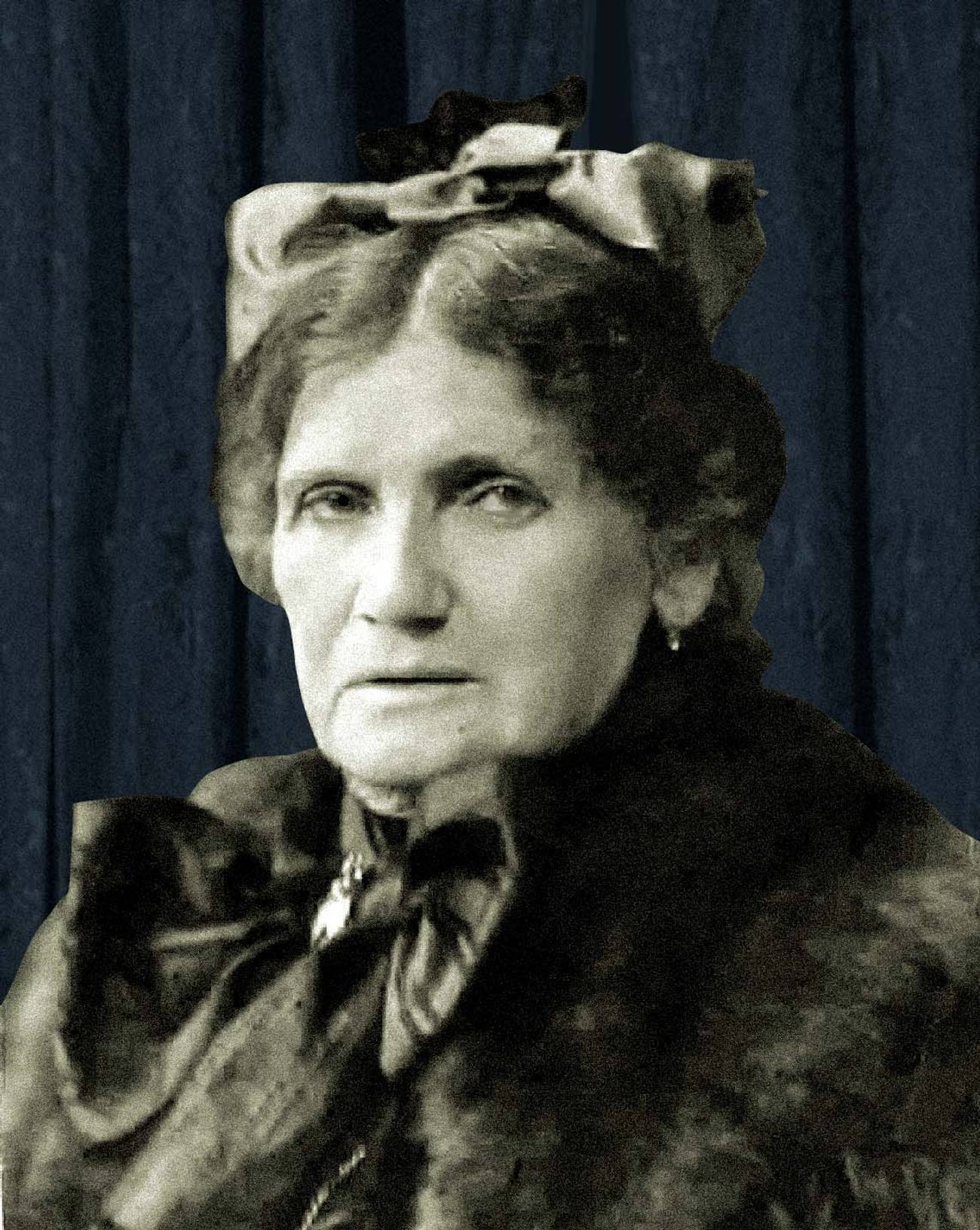- Feb 5, 2002
- 166,520
- 56,190
- Country
- United States
- Faith
- Catholic
- Marital Status
- Married
- Politics
- US-Others
Women’s History Month: Pauline Wengeroff, the late-19th-century Russian grandmother and memoirist who saw through the emerging patriarchy in Eastern Europe, was no Betty Friedan

Pauline Wengeroff, circa 1913 COURTESY OF ELECTRA YOURKE
In 1791, the National Assembly of the French Revolution issued a decree emancipating the Jews of France, freeing them, “of all … restrictions, and exceptions contained in preceding [discriminatory] decrees.” Shortly thereafter, a prominent merchant banker from Nancy, Berr Isaac Berr, addressed his fellow Jews of France.
“Gentlemen and dear brethren,” Berr wrote:
At length the day has come when the veil, by which we were kept in a state of humiliation, is rent. … We are now, thanks to the Supreme Being and to the sovereignty of the nation, not only Men and Citizens, but … Frenchmen! What a happy change thou hast worked in us, merciful God. From being vile slaves, mere serfs, a species of men merely tolerated and suffered in the empire, liable to heavy and arbitrary taxes, we are, of a sudden, become the children of the country, to bear its common charges, and share in its common rights!
Berr went on to prescribe what French Jews must do to show proper gratitude for the beneficence of the Revolution, including shed their Jewish group identity and consider themselves first and foremost, French citizens; learn perfect French; and, if not “born to a higher rank,” learn manual trades (give up the petty commerce and money lending of anti-Jewish stereotype).
When Berr spoke to and of “Jews,” as his language makes clear, he meant men. Until recently, when Jewish historians wrote of “Jewish” emancipation and the benefits of modernity to “Jews,” they, too, meant and studied only men. Some of those benefits, such as the razing of ghettos and the ability to live where one’s income allowed, affected women and men equally. Some benefits affected women indirectly yet powerfully: With lessened economic discrimination and new areas of activity open to Jewish men, women rose in socioeconomic status along with their families of birth and marriage.
Continued below.
https://www.tabletmag.com/sections/history/articles/modernity-jewish-women

Pauline Wengeroff, circa 1913 COURTESY OF ELECTRA YOURKE
In 1791, the National Assembly of the French Revolution issued a decree emancipating the Jews of France, freeing them, “of all … restrictions, and exceptions contained in preceding [discriminatory] decrees.” Shortly thereafter, a prominent merchant banker from Nancy, Berr Isaac Berr, addressed his fellow Jews of France.
“Gentlemen and dear brethren,” Berr wrote:
At length the day has come when the veil, by which we were kept in a state of humiliation, is rent. … We are now, thanks to the Supreme Being and to the sovereignty of the nation, not only Men and Citizens, but … Frenchmen! What a happy change thou hast worked in us, merciful God. From being vile slaves, mere serfs, a species of men merely tolerated and suffered in the empire, liable to heavy and arbitrary taxes, we are, of a sudden, become the children of the country, to bear its common charges, and share in its common rights!
Berr went on to prescribe what French Jews must do to show proper gratitude for the beneficence of the Revolution, including shed their Jewish group identity and consider themselves first and foremost, French citizens; learn perfect French; and, if not “born to a higher rank,” learn manual trades (give up the petty commerce and money lending of anti-Jewish stereotype).
When Berr spoke to and of “Jews,” as his language makes clear, he meant men. Until recently, when Jewish historians wrote of “Jewish” emancipation and the benefits of modernity to “Jews,” they, too, meant and studied only men. Some of those benefits, such as the razing of ghettos and the ability to live where one’s income allowed, affected women and men equally. Some benefits affected women indirectly yet powerfully: With lessened economic discrimination and new areas of activity open to Jewish men, women rose in socioeconomic status along with their families of birth and marriage.
Continued below.
https://www.tabletmag.com/sections/history/articles/modernity-jewish-women
